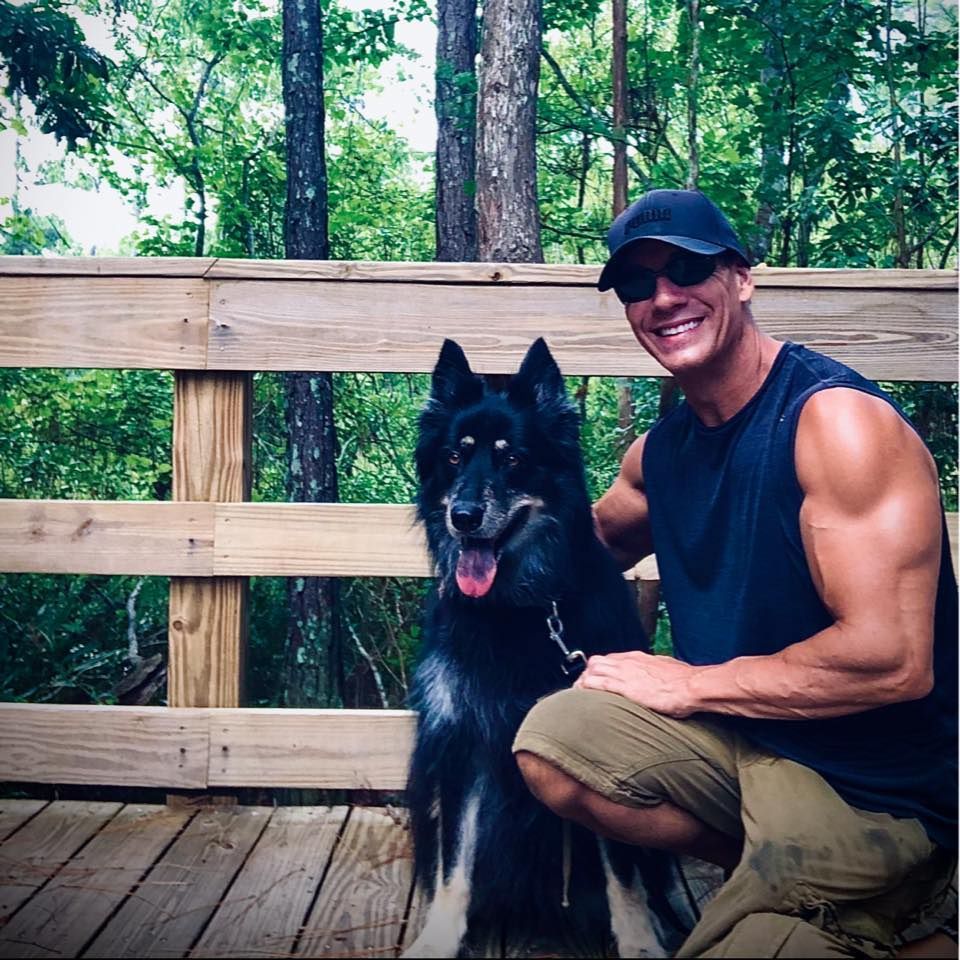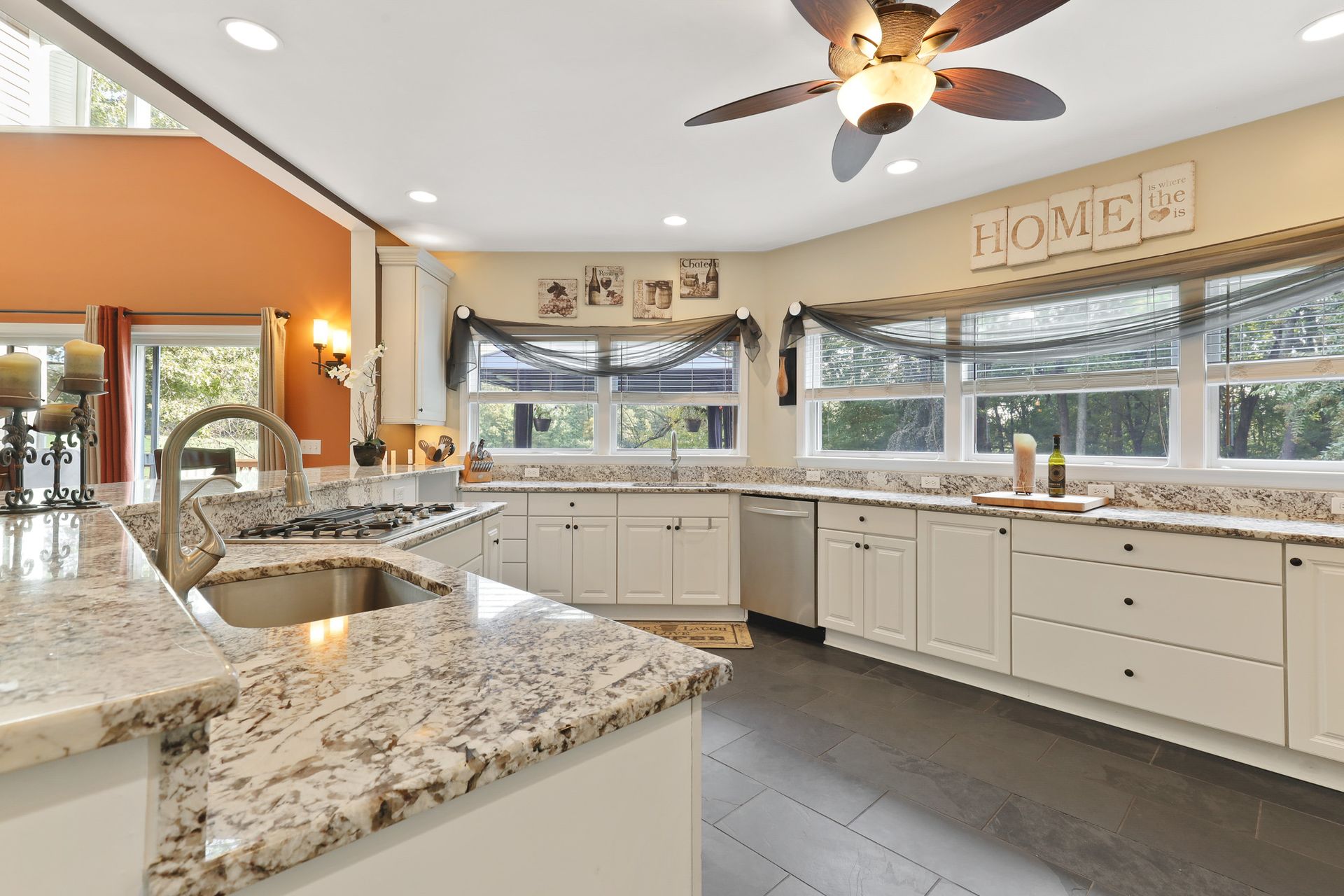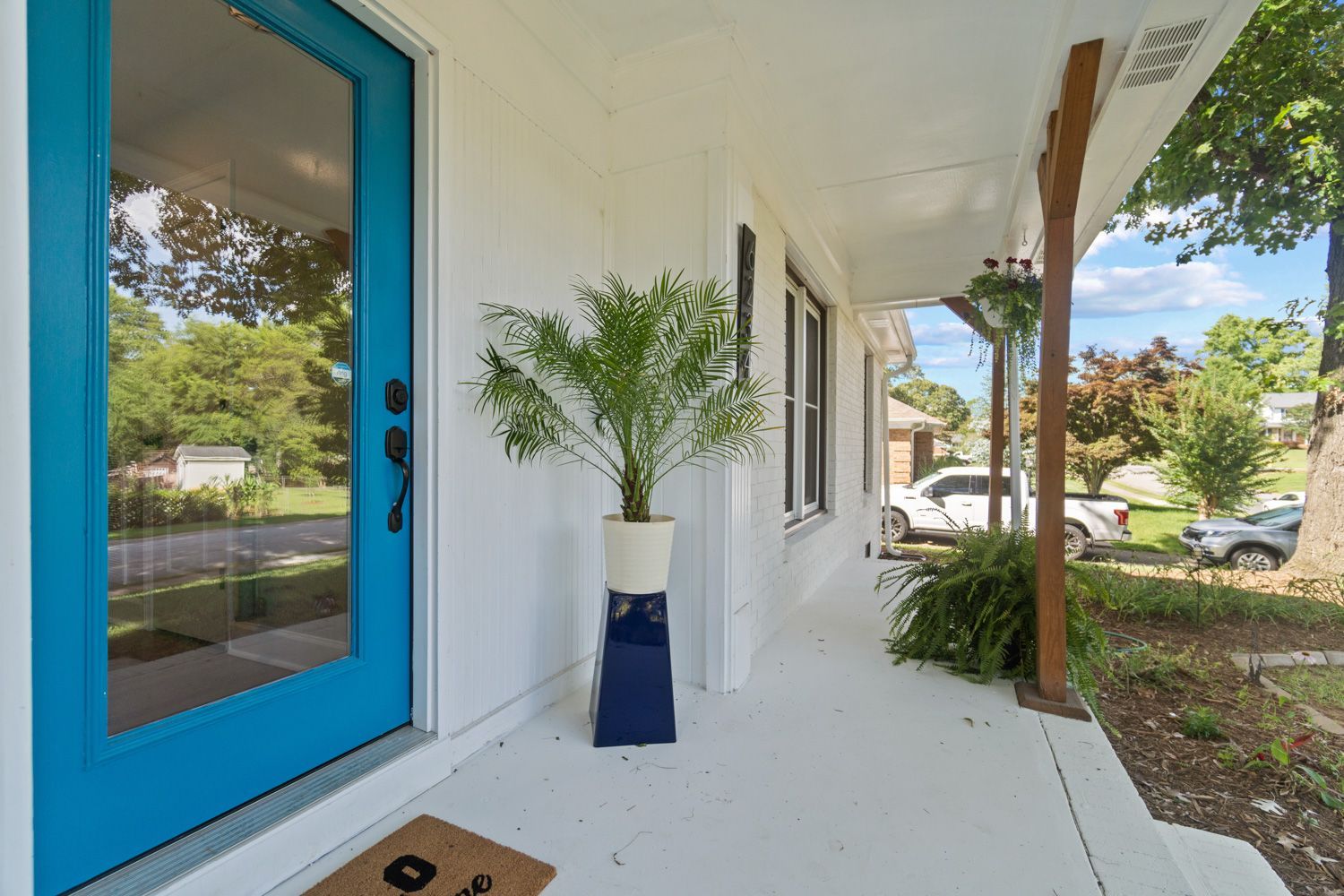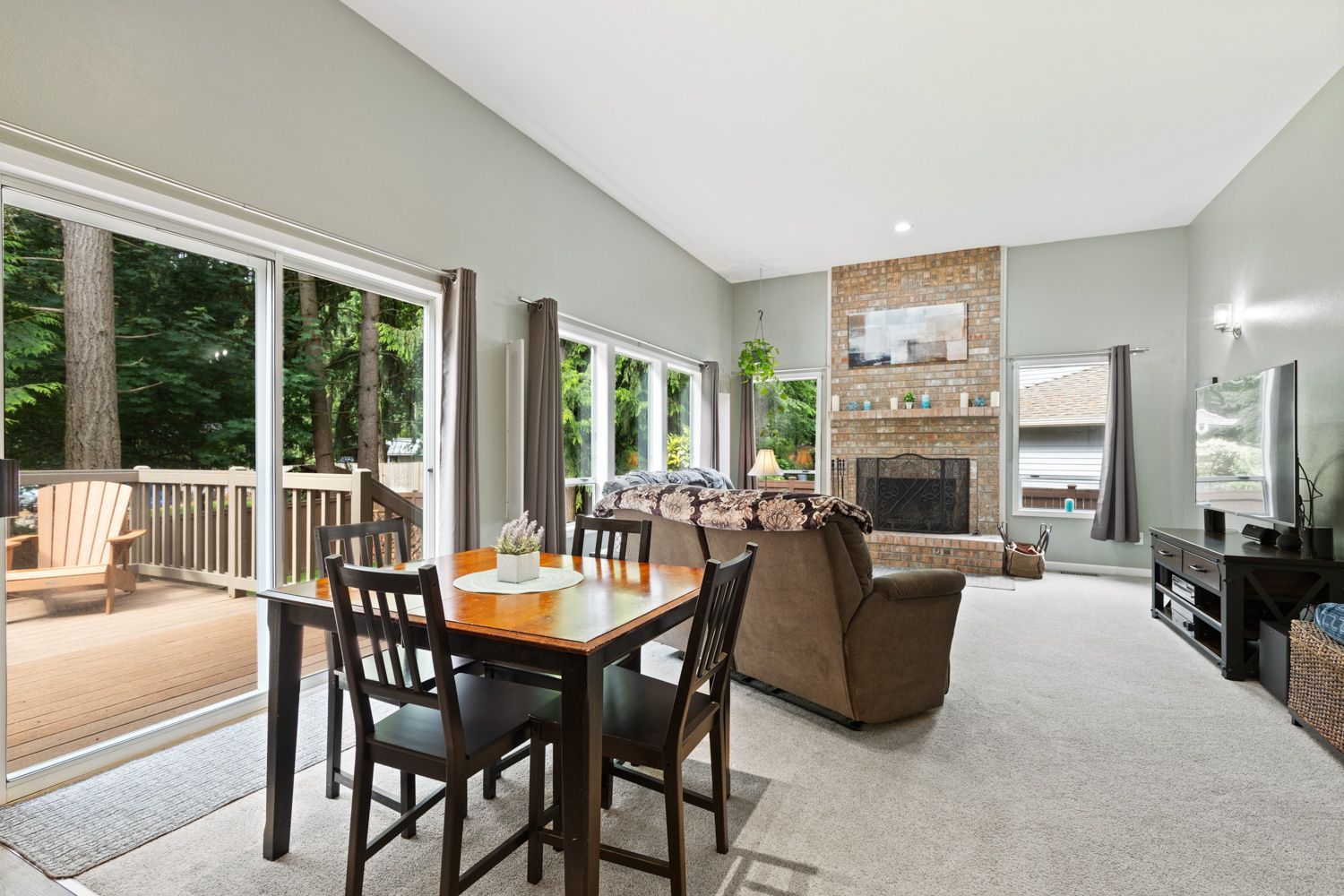Spider webs, witches, ghosts hanging from trees, and skeletons rising from the ground. Front yards are transformed into graveyards. Fall is in the air and, of course, Halloween is right around the corner.
All across the country, thrill seekers by the thousands stand in long lines waiting to stumble their way through sinister structures, spooked by specters and chased by chainsaws. Haunted houses may feature the dead, but haunted houses are alive and well nonetheless.
Some
homes bear that label all year long, year after year for decades. What do you do if a
property you list has the reputation of being a haunted house? How do you proceed if the place you are selling gives off an unnatural aura or sends out strange signals?
Well, before you consult an expert in the paranormal or settle for a seance, consider these thoughts when trying to sell a haunted house.
Try to treat it like any other house on the market
Many Americans love the thrill of getting scared out of their wits. That is why the haunted attraction industry brings in roughly 300 million dollars in ticket sales and sees an average of 8,000 (and up to 40,000) guests at each venue.
But not everyone is so eager or inclined when the house they are looking to buy is considered to be haunted. Same goes if a house is otherwise stigmatized, such as when someone died, committed suicide, or murdered someone else on the property.
Unfortunately, a house with a history of haunting or foul play can generate a lot of attention. There is often no way around it. And if the deeds were done or began a long time ago, the lore surrounding a home may be deeply rooted in the community. That kind of publicity can have a negative effect on your potential
home buyers.
But that doesn’t mean that
you
have to buy into it. According to an agent in the Los Angeles area with decades of experience (including the sale of one of the most notorious and mysterious scenes of a grisly murder in the region), the best approach is to treat it “like a normal listing.” Halloween might draw scary clowns out of the shadows, but that doesn’t mean that you need to join the circus. No matter what attention is drawn, no matter the spectacle, plow ahead and treat the sale as normal.
Fix the first impression
Perception is reality. When you are dealing with a “haunted house,” you will have to deal with the perception of potential buyers. There may be a few house hunters who are intrigued by a spooky story and a few who couldn't care less, but there are also those who might think twice before touring a haunted house. In any case, if the home has a history, it will likely be unearthed on
social media before buyers schedule a walkthrough. And while you may not be able to change the story line, you can change the appearance of the home in your listing.
So, try fixing those first impressions before scheduling any showings. You can do that by including brightly lit professional
real estate photographs in the listing instead of dark and dreary images that amplify the eerie aura. You can augment the interior with
virtual staging to transform what looks like an abandoned home into an elegant estate. You can even use aerial images with
drone photography to add life to the property.
Another consideration is addressing some of the other reasons that people might find a house haunted. Strange sounds can make a house feel like it is inhabited by the supernatural. Is the heating system moaning because it is out of date? Are those creaking and squeaking noises caused by neglected tree limbs scraping the windows? Are the spectral lights really just faulty old wiring or flickering lamp bulbs that need to be replaced?
Disclose what is required or reasonable
When you are contacted by would-be buyers, your first words should probably not sound something like, “This home has a wonderful wraparound porch, stunning oak entry doors, and... the ghost of a woman who hung herself in the foyer to greet you when you arrive.” On the other hand, neither should you try to conceal the matter.
Real estate disclosure laws in most states require that a seller reveal certain material
defects, things that negatively impact a home’s value or could pose an unreasonable risk to the buyers’ safety, like a leaky roof or mold in the basement. Material
facts are another thing that need to be disclosed. Those are things that might influence a buyer’s decision to buy or the price they might pay for a house - a past flood or a future development across the street.
Another aspect of disclosure laws in some states is whether or not a seller (or an agent) needs to reveal facts that only have a psychological impact on the home. A murder, suicide, or rumored haunting may not have a physical impact on the property, but they might have an emotional impact on a buyer, and they could be considered “material” to their decision.
The tough part about disclosures, besides the fact that they are as clear as fog, is that they differ from state to state. So, check your local laws to see if it is necessary to disclose the history of a haunted home. It may be just plain good business sense to discuss the matter quietly with your clients anyways. You can decide for yourself if it is better for your
business brand to conceal or reveal material facts about any haunting, but experts suggest that you err on the side of disclosure. You might also check with an attorney before helping out with a haunted house.
Aim at serious buyers
A study conducted a few years ago by Realtor.com found that thirty three percent of buyers surveyed said they were open to living in a haunted house and another twenty five percent said they might be. Those numbers fly in the face of the notion that only bargain hunters would be interested in a stigmatized property and that a seller would have to take a dramatic price cut to unload one.
The truth is, you probably shouldn’t settle for a lowball offer just because you are having a hard time finding the right buyer at the get-go. If more than fifty percent of the population would pursue a haunted property, focus your
real estate marketing on
them, not the naysayers. And then hold firm on the price as long as you are able.
If all else fails - go with it
No matter what you do, no matter how much effort you put into livening the listing and recreating the space, there is always the chance that the story is bigger than the reality. Some homes are simply too notorious for their reputations to be resurrected.
In that case, go with the narrative. Highlight the history - the good, the bad, and the ugly. If your haunted listing is one that garners a good deal of attention from the press, then harness that public interest into a marketing campaign and, hopefully, a successful “Haunted House” sale.

















